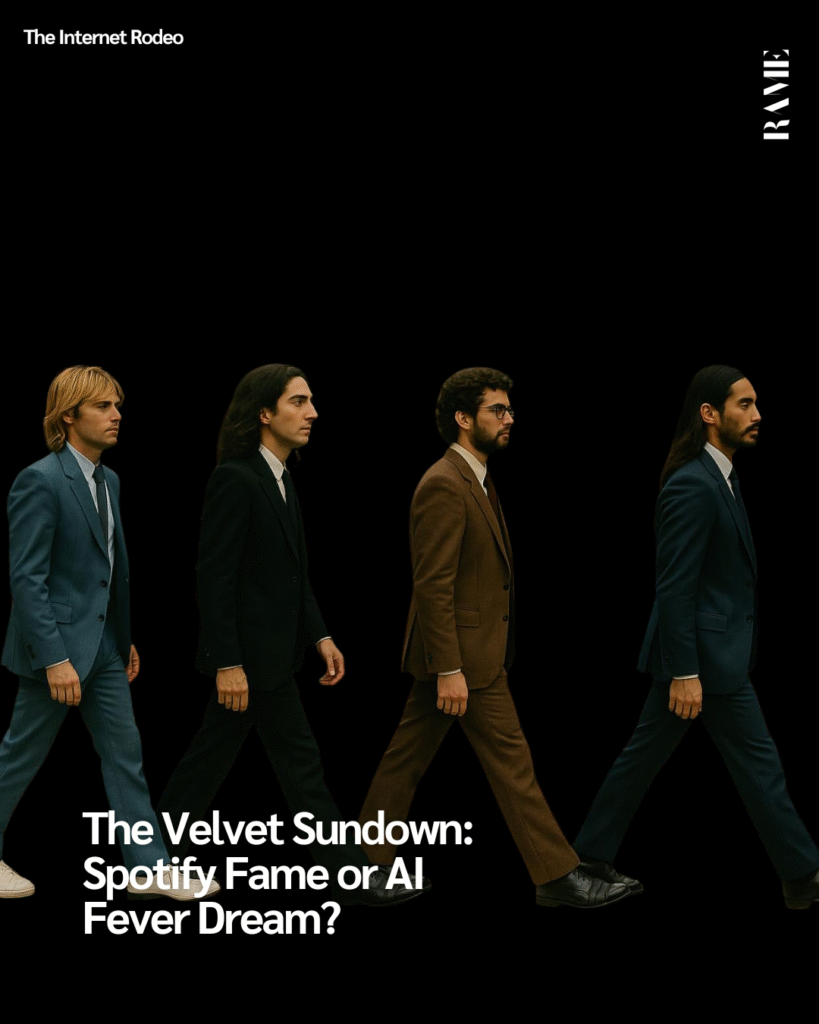Welcome to the internet’s monthly highlight reel, where absurdity reigns supreme, and the line between profound cultural commentary and pure chaos blurs until you can barely see it. If this month felt like scrolling endlessly through someone else’s Instagram story, you’re not alone. The attention economy feeds on the surreal, the strange, and the delightfully unserious and nowhere is that clearer than in July’s carnival of viral moments.
From deep-fried rave snacks to imaginary weddings, from ex-presidents turned DJs to tarpaulin homages that look straight out of your neighborhood salon, July’s internet timeline felt like it was curated by an algorithm drunk on irony. And in this whirlwind, what once might have seemed too bizarre even for satire now comfortably coexists with everyday scrolls. Welcome to The Rodeo. Buckle up.
The Samosa Rave: Crunchy Beats and Even Crunchier Marketing
First up: the samosa rave a concept so surreal it gave everyone instant indigestion. In an era where literally anything can become a “rave” (coffee raves, burger raves, run club raves, and yes, dosa raves), the humble, deep-fried samosa has joined the party circuit.
What started as a tongue-in-cheek theme turned into an online sensation, sparking debates over what even qualifies as a rave anymore. Is it about the music? The crowd? The vibe? Or is it just about finding the next ironic, Instagram-friendly concept to make us feel something anything in the sea of content? Call it blasphemy or genius marketing, but it’s hard not to admire the audacity. After all, we live in a world where “absurd enough to trend” is practically the new creative brief.
And while the idea of dancing under neon lights next to a chaat counter sounds like acid reflux waiting to happen, it’s equally a sign of how party culture has shifted: it’s not about the music anymore it’s about the meme potential.
Fake Weddings: Where Commitment Ends at the Dance Floor
As if samosa raves weren’t enough, the party scene’s latest twist is even stranger: fake weddings. Picture this a dance floor dressed up like a mandap, Bollywood soundtracks blaring, dhol players hyping up the “baraat,” and guests in lehengas and tuxedos. The only catch? There’s no actual couple tying the knot.
Yes, wedding-themed parties without a bride or groom are now a thing. And it’s not just a one-off joke; it’s a growing trend. Blame it on our collective nostalgia for Bollywood weddings or burnout from the dating apps of 2025, but somehow, this bizarre fantasy resonates. For a night, everyone gets to play bride, groom, or loud relative, without worrying about divorce lawyers or seating charts.
In a way, it feels like the perfect coping mechanism for our age: if love is hard to find, why not throw a party and pretend? It’s performative, unhinged, and oddly therapeutic all at once.
Viral Tarps: Low-Res, Low-Brow, and Loved By the Internet
Then came the viral tarp posters a wave of hilariously low-res tarpaulin banners congratulating global celebrities like Taylor Swift and Travis Scott for achievements real, exaggerated, or completely made up. You might have seen them: clashing colors, Comic Sans, awkwardly cut-out photos, and captions like “PHiLiPPiNES iS PROUD OF UUUU.”
The masterminds behind this aesthetic, Filipino designers Xylk and Fleasayo (a.k.a. “life designers”), transformed the humble tarp a staple of street corners and sari-sari shops into a viral medium. What started in Manila’s nightlife jumped continents, popping up from Poblacion to Paris Fashion Week.
It’s camp, it’s kitsch, and it’s unmistakably internet. Part of the charm is the nostalgia: they share design DNA with Indian barbershop shutters and neighborhood billboards, the kind that once featured random Bollywood stars in questionable layouts. In a polished digital age, these tarps remind us that sometimes, sincerity and messiness go viral better than perfection.
Everyone’s a DJ Now including a Former President
Speaking of rebrands, former Colombian president Iván Duque decided to pivot from politics to nightlife. Now going by DJ DUQ, Duque has taken his controversial legacy (which includes allegations of violent crackdowns during protests) and turned it into a set list though early reviews suggest his beats are as mixed as his reputation.
It’s a pivot so bizarre it almost feels like satire: a former head of state, once criticized for human rights abuses, now headlining clubs. Yet in today’s timeline, it barely surprises anyone. After all, if your local accountant can spin at rooftop brunches, why can’t a former president?
Apple’s AutoMix: Because Your Friend’s Pre-Game Playlist Wasn’t Enough
And if it feels like everyone is a DJ now, tech is catching up. Apple’s new AutoMix feature in iOS 26 promises to seamlessly blend songs using beat matching and time stretching essentially letting anyone claim “selector” status.
In theory, it means your pre-game playlist will flow like a pro DJ set. In practice, it’s also an existential nudge: if an algorithm can do what you pride yourself on doing, what’s left of your niche? It’s another example of tech flattening creative roles and maybe, a sign that the next big viral moment could come from code, not creativity.
The Velvet Sundown: Spotify Fame or AI Fever Dream?
If fake weddings and tarp posters weren’t strange enough, the music scene served us a new puzzle: The Velvet Sundown, a “band” that seemingly appeared out of nowhere, now boasts over 400,000 monthly listeners on Spotify.
No gigs, no interviews, and an Instagram page filled with hyperreal portraits of band members who look suspiciously AI-generated. Reddit sleuths have been dissecting every pixel, convinced this could be the first fully AI-generated “band” to chart without anyone noticing.
Whether it’s an industry plant, viral stunt, or genuine AI experiment, the buzz shows how blurred reality has become. We’ve reached a point where a fictional band can outperform real ones and most listeners won’t even know (or care).
Zohran Mamdani’s Win: A Moment of Real Joy
Amid the absurdity, there was also a moment of genuine celebration: Zohran Mamdani, New York’s Ugandan Indian American politician and part-time rapper won the Democratic primary. His grassroots victory became a communal festival across South Asian group chats, celebrated with the same pride usually reserved for a cousin’s straight-A report card.
It’s a rare reminder that the internet can amplify real change and authentic joy—proof that viral moments aren’t always hollow.
The Rodeo Never Ends
So what does this month teach us? That the viral rodeo rides on irony, nostalgia, and unexpected sincerity. Anything can trend if it’s weird enough, sincere enough, or ironically funny enough. Deep-fried snacks become party themes, former presidents become DJs, AI can create your new favorite band, and tarpaulin posters can turn low-brow design into global art.
In this endless scroll, the only certainty is that next month will top it all and that we’ll still keep watching, double-tapping, and sharing. Because deep down, the internet’s absurd circus is oddly comforting: proof that we’re all in on the joke, even if the punchline keeps changing.
Until the next unhinged headline, happy scrolling. Welcome to The Rodeo.











